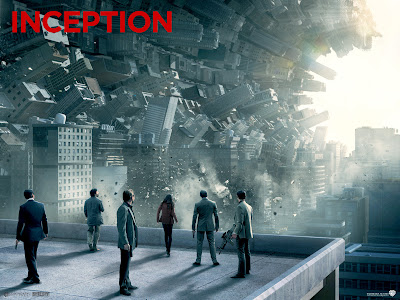"Wow. Why is Mr. Tangen telling us to read this? It doesn't really catch my attention."
Another story this book is very similar to is Dante's Inferno. For starters, there are two main characters throughout the whole book just like Inferno. One character is basically the host of the whole book, Virgil and Polo, while the other character is the one discovering new things about himself, Dante and Khan. Thinking about it more carefully, the book also relates to ourselves. Dante explains the consequences of our behaviors in the long run. By showing each different circle of hell, we realize that each action has a consequence more severe then the next. This book encourages us to behave and live by society's rules. Calvino explains how the human mind works. He mentions desires and memories, amongst other things, and how they affect the choices we make in life. This is some what similar to the Selfish Gene, but Calvino is not as biased as Dawkins. Additionally, he explains who we really are in an interesting way instead of like a biology textbook. Mr. Tangen also pointed out an interesting fact today in class while analyzing the first italics in chapter 2. One of Dante's circles of hell are mentioned in the book, but in a very subtle way.
"At this point Kublai Khan interrupted him or imagined interrupting him, or Marco Polo imagined himself being interrupted, with a question such as: "You advance always with your head turned back?" or "Is what you see always behind you?" or rather, "Does your journey take place only in the past?"(page 28)
Thinking back on Inferno, there is a circle where future tellers are punished. Their heads are turned backwards so that they cannot see what is infront of them, only what is behind them.
Both authors realized that the past is important. The past and future are one since they always affect one another. One cannot exist without the other and therefore they are like a circle. The past causes us to see the future in new ways. I guess that is why God punished the future tellers and why Marco Polo always thinks of his past while on his journeys.


No hay comentarios:
Publicar un comentario